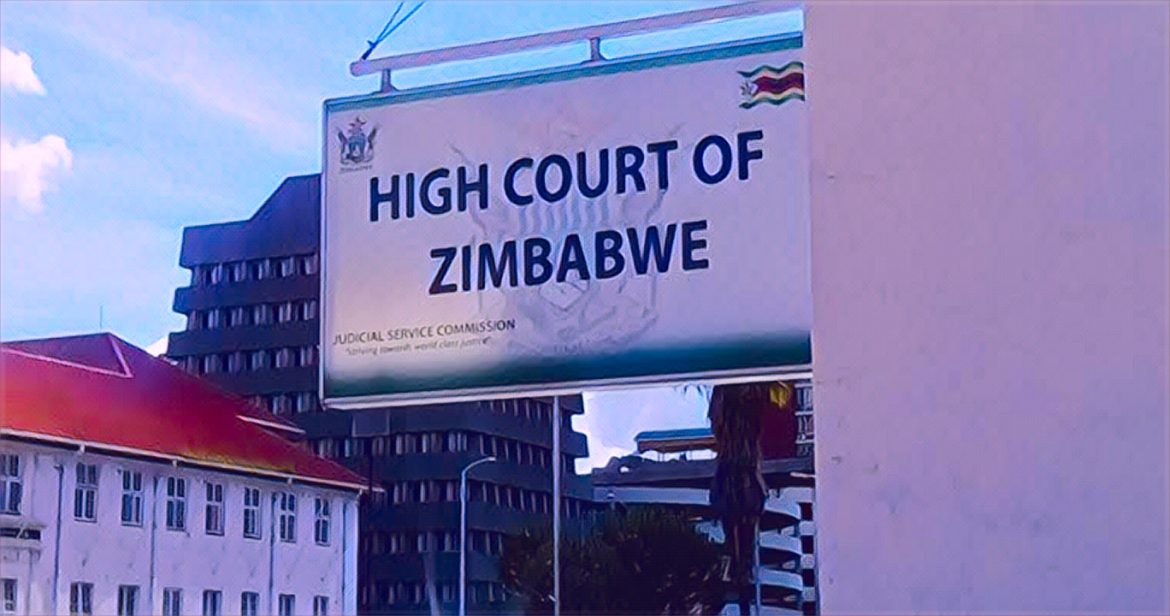KEY POINTS
- High Court defends Zingwe’s Range Rover rights.
- COVID-19 delays cited in legal defense.
- Judgment limits Zimra’s customs enforcement powers.
Zimbabwe’s High Court has intervened to prevent the Zimbabwe Revenue Authority (Zimra) from seizing a Range Rover TDV6 owned by Simbarashe Zingwe, a returning resident from the United Kingdom.
The ruling, which granted Zingwe interim relief, declared Zimra’s actions unlawful and found no evidence to support allegations of regulatory violations.
Zimra demands Range Rover; court intervenes
As reported by NewsDay, the dispute arose after Zingwe received a duty rebate for the vehicle upon returning to Zimbabwe. However, Zimra officials raised concerns when the car was not located at his residence during one of their visits.
This led the authorities to demand the vehicle’s surrender, citing alleged breaches of Customs regulations. Zingwe challenged the seizure in court, naming both Zimra and one of its officials, Alfred Manyetu, as respondents.
COVID-19 triggers unintended legal consequences
In his legal defence, Zingwe attributed the situation to COVID-19 disruptions, which delayed his return to Zimbabwe after a short visit abroad. He refuted Zimra’s assertion that his actions violated s105(8) of the Customs and Excise General Regulations, which governs duty-rebate conditions for returning residents.
Zimra’s case relied heavily on s184 of the Customs and Excise Act, which penalizes the destruction, damage, or disposal of goods under rebate. However, Zingwe argued that his absence was both unintended and brief, far shorter than the six-month threshold cited in the regulations.
Court defends returning residents’ rights
Justice Priscilla Munangati Manongwa dismissed Zimra’s arguments, stating they lacked merit and failed to demonstrate any violations by Zingwe. She emphasized that Zingwe’s extended absence was a direct result of pandemic-related travel disruptions, not an attempt to evade customs regulations.
“There is no evidence that the applicant damaged, destroyed, or disposed of the goods,” the judge ruled. “The claims of misconduct are unfounded and cannot be sustained.”
The court concluded that Zingwe had no legal obligation to seek written authorization for leaving his vehicle in Zimbabwe, as his departure was unintended and temporary. The ruling further clarified that Zingwe’s vehicle remained protected under the duty rebate scheme.
Implications for Zimra and returning residents
Justice Munangati Manongwa sharply criticized Zimra’s handling of the matter, describing its actions as both excessive and legally unsound. She underscored the importance of adhering to procedural fairness, even as Zimra seeks to enforce compliance with customs laws.
The ruling sets a vital precedent for returning residents, reinforcing the legal protections offered under duty rebate schemes. It also signals to Zimra the need for restraint and adherence to proper legal processes in similar cases.
This judgment not only upholds Zingwe’s right to his property but also sends a clear message about the limits of Zimra’s authority in enforcing customs regulations. It serves as a landmark decision protecting the interests of Zimbabweans returning from abroad while curbing potential overreach by tax authorities.


